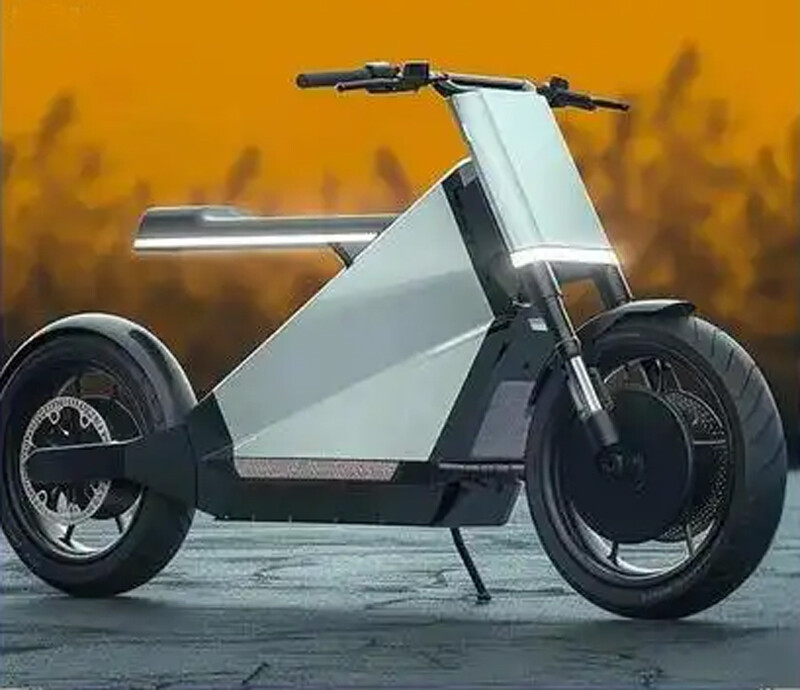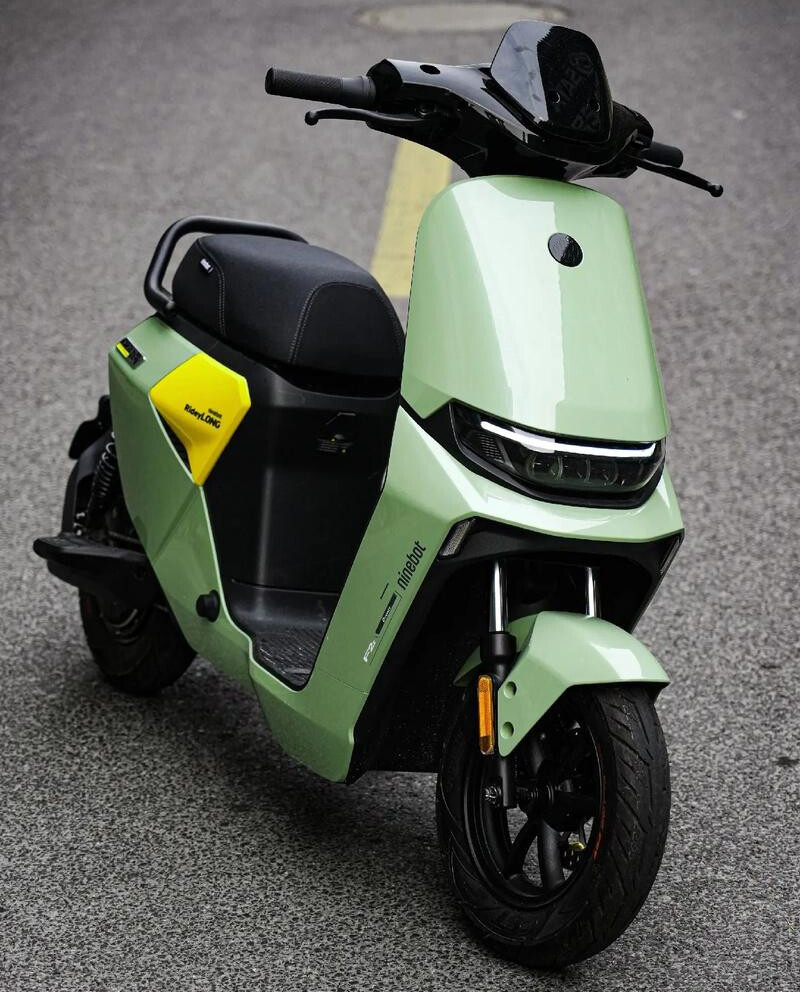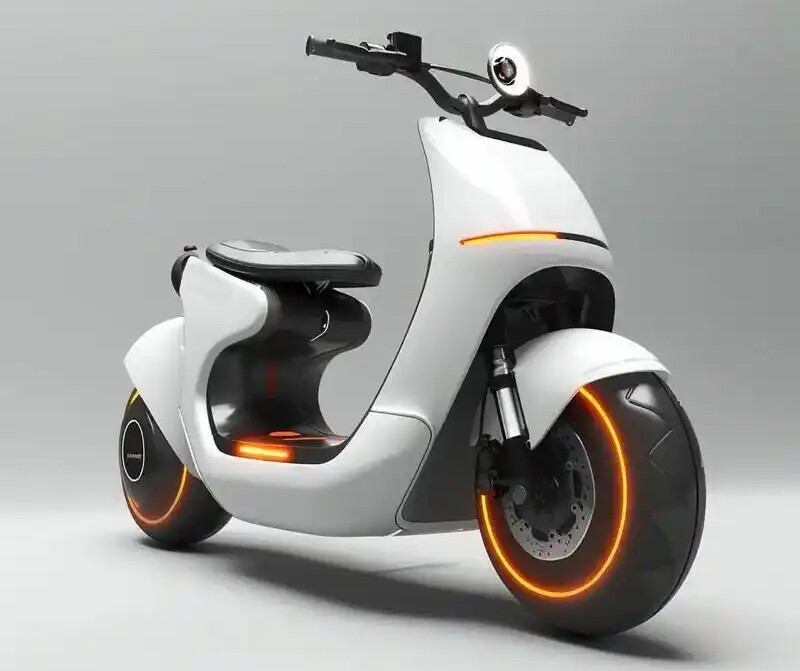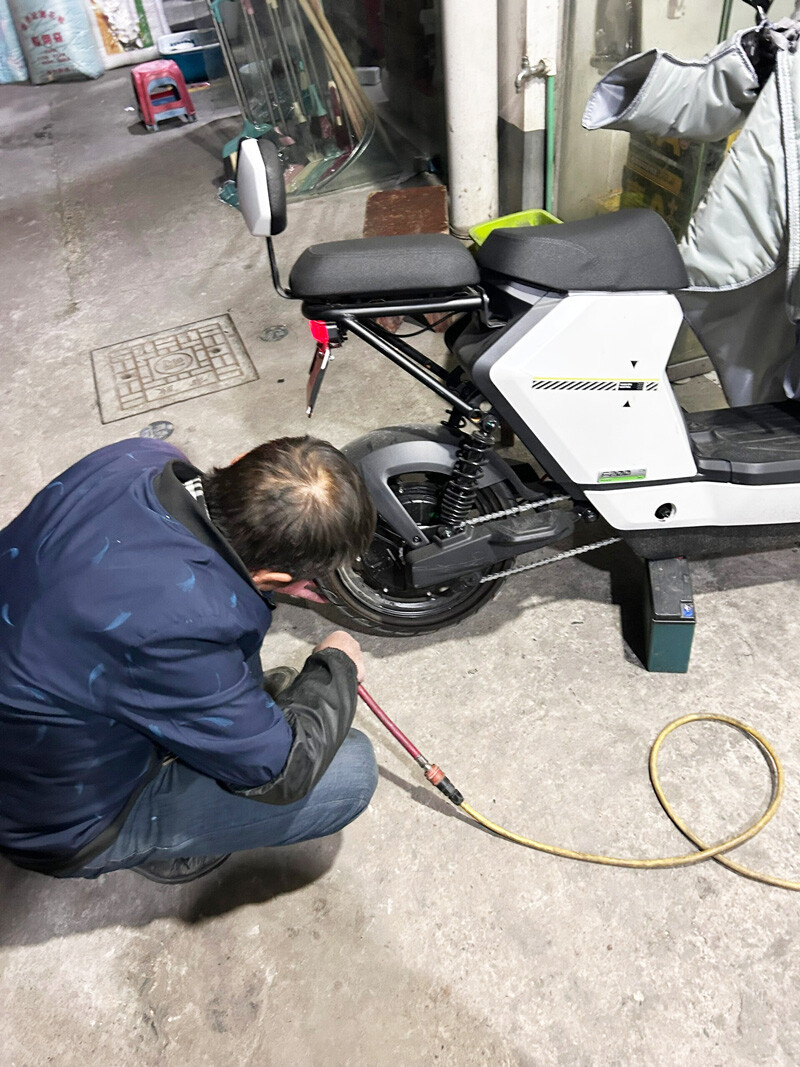
The technological evolution of electric bicycles (E-bikes) is centered around intelligence, efficiency, lightweight design, safety, and diversified use cases, driven by both regulatory policies and market demand. Below are the key technological trends:

1. Battery & Range Technology
High-energy-density batteries: While lithium-ion remains dominant, solid-state and sodium-ion batteries may improve energy density, safety, and cost efficiency.
Fast-charging technology: Solutions enabling full charges within an hour (e.g., GaN chargers) will become standard.
Optimized Battery Management Systems (BMS): Smart algorithms to extend battery life and improve remaining charge accuracy.
2. Motor & Drive Systems
High-efficiency brushless motors: Lighter and quieter mid-drive and hub motors with efficiency exceeding 90%.
Torque sensor adoption: Replacing cadence sensors for more natural pedal-assist power delivery.
Energy recovery systems: Regenerative braking to recharge batteries during deceleration or downhill riding.

3. Smart & IoT Integration
Connectivity: Bluetooth/Wi-Fi/5G links to smartphone apps for navigation, anti-theft, diagnostics, and OTA updates (e.g., Bosch Smart System).
AI-assisted riding: Automatic power adjustment based on terrain and riding habits (e.g., slope detection).
Anti-theft & tracking: GPS/BeiDou positioning, geofencing, and remote locking.
4. Lightweight & Material Innovations
Carbon fiber/magnesium alloy frames: Reducing weight while maintaining strength.
Modular designs: Detachable batteries and foldable frames for better portability.
5. Enhanced Safety Features
Adaptive lighting: Auto-adjusting brightness and beam angle based on conditions.
ABS/CBS braking systems: Anti-lock and combined braking for safer emergency stops.
Tire pressure monitoring & anti-slip tires: Real-time alerts and adaptive tread patterns.
6. Diversified Use Cases
All-terrain adaptability: E-MTBs with suspension systems and wide tires.
Cargo e-bikes: Reinforced load capacity and cargo box designs (e.g., European Cargo Bikes).
Shared micro-mobility: Durable designs and battery-swapping models for rental services.
7. Green & Sustainable Tech
Recyclable materials: Bio-based plastics and recycled aluminum.
Solar-assisted charging: Experimental integration of photovoltaic panels for supplementary power.
In summary, electric bicycles are transitioning from traditional commuting tools to smart mobility platforms, with future innovations prioritizing user experience, safety, and environmental sustainability.
Chat Online





